NNHS students aren’t the only ones familiar with faking their assignments
By Features Editor Noelle Kirkman
Pick up the book. Read it. Fall asleep, or just give up. Go on Spark Notes. Repeat with the next book.
At Naperville North High School, this seems to be the route that most students choose when they are assigned books in their English classes. In a class of AP Literature students that was asked if they had ever fake read a book before, 16 said that they had.
For some students, it can be hard to balance reading a novel with daily life stressors. Therefore, some try their best to hide the fact that they actually consulted Spark Notes or Cliff Notes for a summary of the book instead.
But teachers know all the tricks. They’re only human after all. In fact, many of them once used the same techniques when they were in high school and college.
“Because we did it, we can catch our students doing it,” said Communication Arts teacher Katie Trowbridge. “It stinks for students because we all tried those tricks and know those tricks so now you guys can’t get away with those tricks.”
To Kill a Mockingbird, “Romeo and Juliet”, “Huckleberry Finn”, and “The Scarlet Letter” were among the books communication arts teacher Gino Campise faked reading in high school.
“I didn’t have enough time,” Campise said. “I had a job, and I played sports. By the time I got home from a practice or a game, it was 8 PM, so I used Cliff Notes.”
For Communication Arts teacher Brian Nierman, it was the subject matter that made “The Scarlet Letter” and “Canterbury Tales” hard to read. Nierman found getting into “The Scarlet Letter” especially difficult.
“It couldn’t grab me; it wasn’t an interesting subject matter [to me],” said Nierman.
Trowbridge and Communication Arts department chair Helena Hitzeman did not have to perfect the art of fake reading until college.
Hitzeman was enrolled in a Shakespeare class where she had to read one Shakespearean play a week. She admitted that she didn’t read many of them.
Meanwhile, Trowbridge had to earn her communications major while raising a baby.
“I had taken a class right after I had my daughter, and she was literally screaming in the background while I was trying to read “Sound of Fury” and write a paper on “Sound of Fury”. I got a D on it because obviously I didn’t read it,” said Trowbridge. “She was literally the sound of the fury, and I couldn’t focus.”
3Instead of going online to look at Cliff Notes, NNHS teachers went to the store to buy a copy of Cliff Notes for their book assignments. Much like today’s students, Communication Arts teachers tried their best to fake advanced knowledge of what they were reading.
“Like most of my students, I learned the art of reading in-between the lines and acted like I knew what I was doing,” Nierman said.
Communication Arts teacher Emily Richardson is able to say that she has never fake read a book in her life. When she had trouble with a book, she sought help by either meeting with a teacher, using Cliff Notes while also reading the book, or rereading the challenging passages.
Richardson’s advice to students struggling with a novel is to reread the story or to quickly skim it and then reread for details.
“The one thing that I hear from a lot of graduates is how much reading they may have to do in college, and how that’s the most important skill that they learned in high school. So if [students] are fake reading, then they are really not helping themselves,” said Richardson. “It’s an epidemic; it’s a problem I think.“
Ironically, the books teachers skipped out reading in high school and college are now some of their favorites. “To Kill a Mockingbird” is now one of Campise’s favorites, and “Pride and Prejudice”, a book Trowbridge avoided reading in college, is now one of her favorites too.
“Now I look back on the messages of the stories that I missed out on,” Campise said. “The messages span across time periods and live true today.”

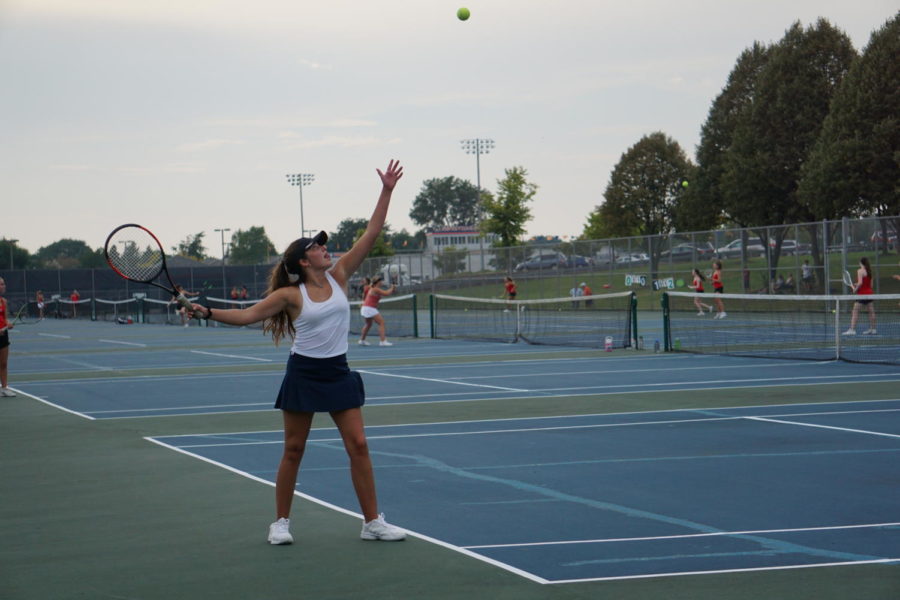
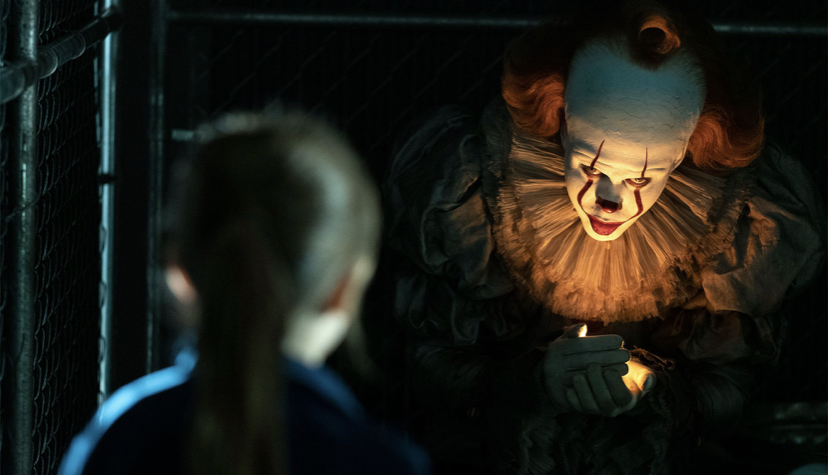
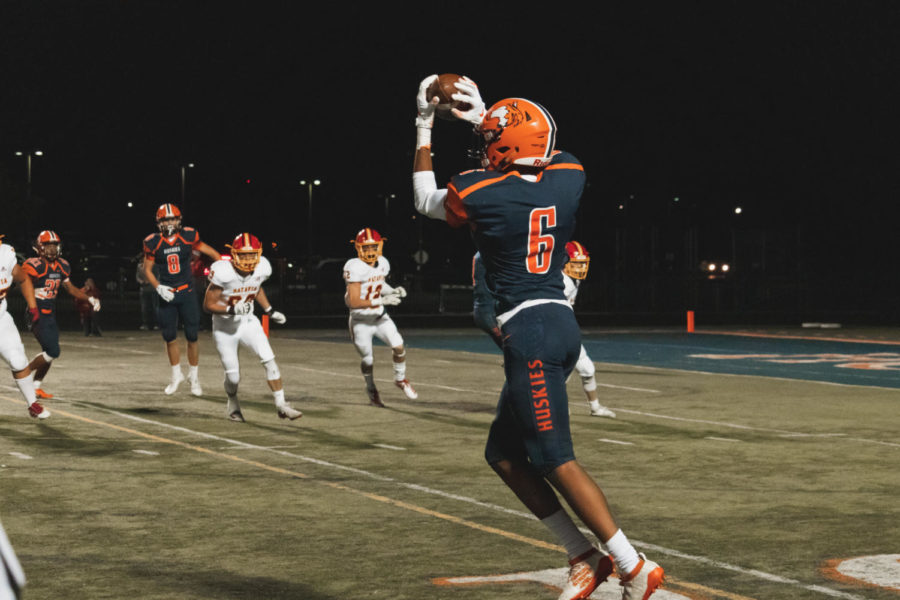
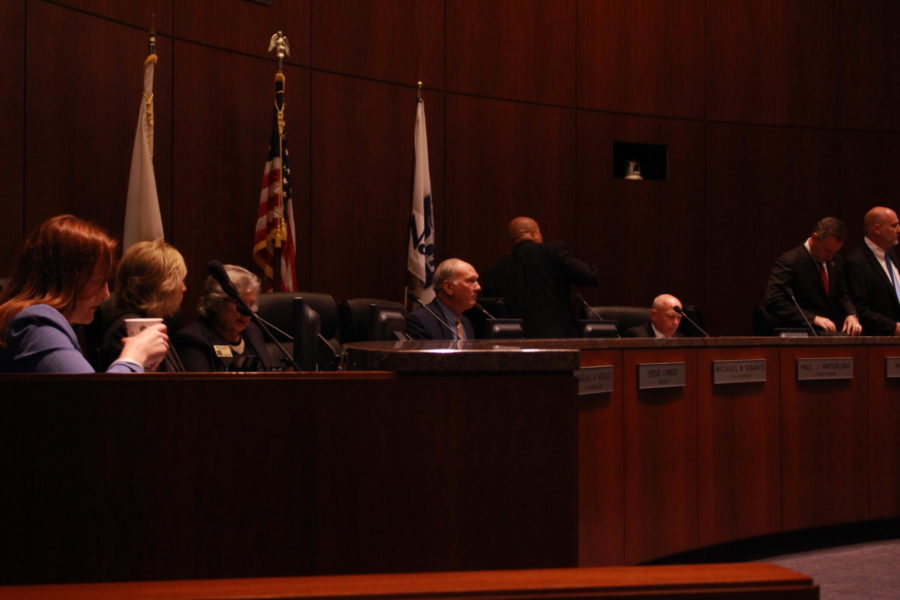
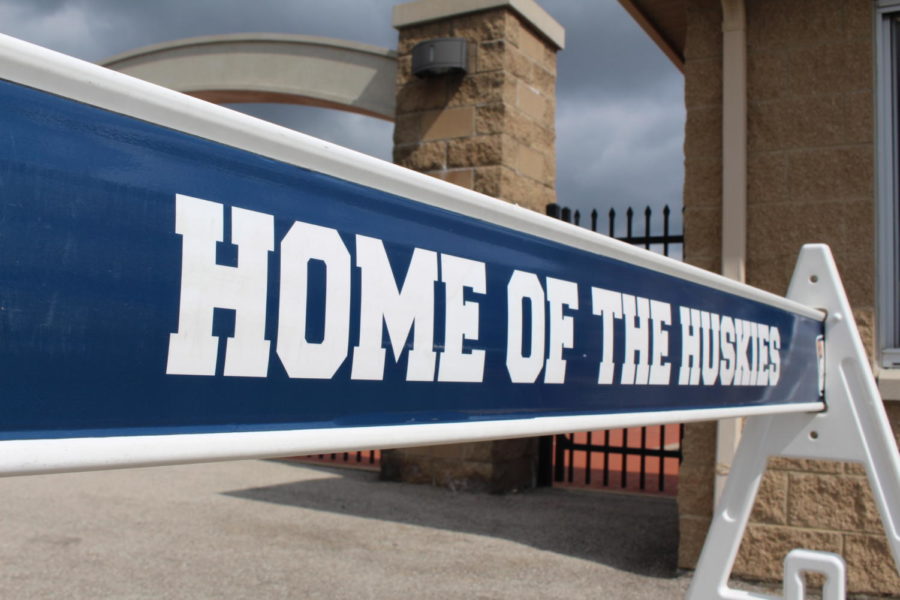

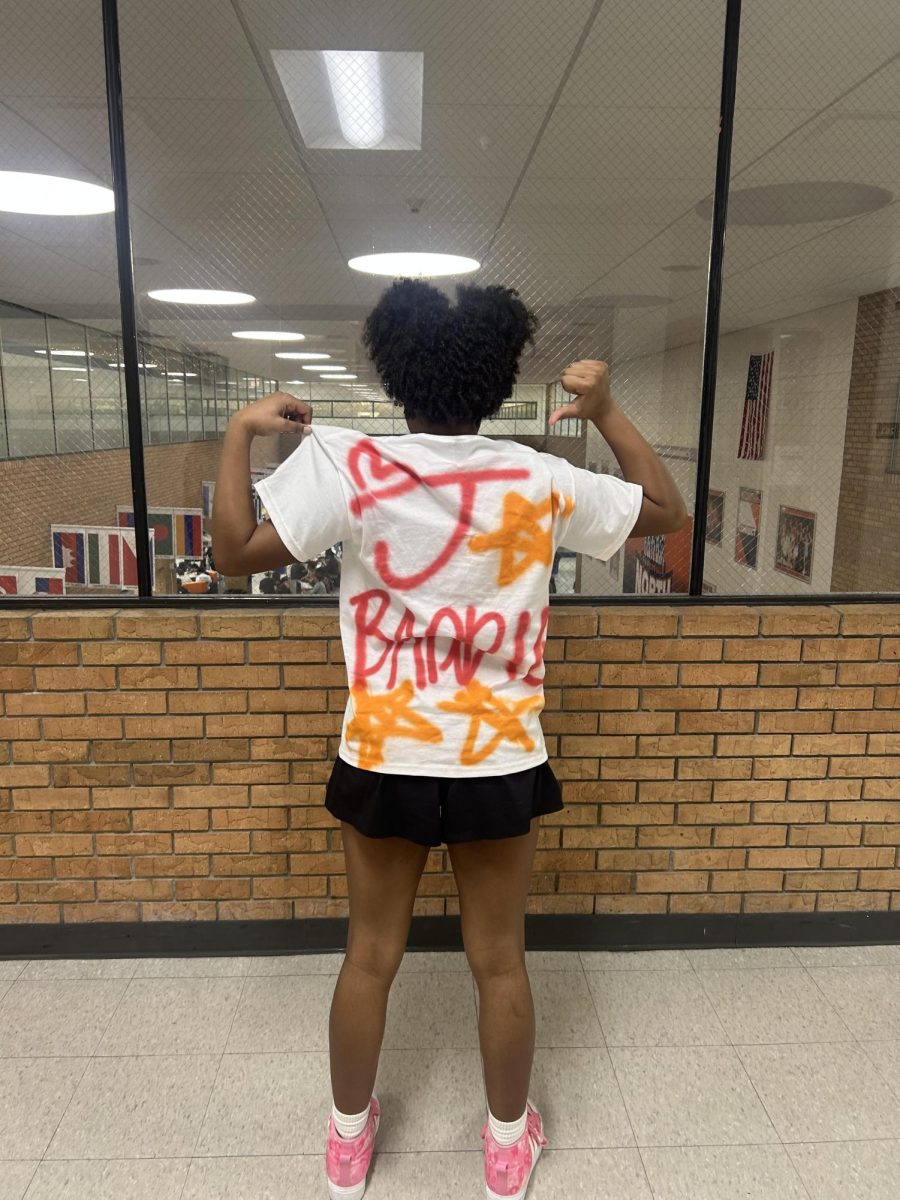
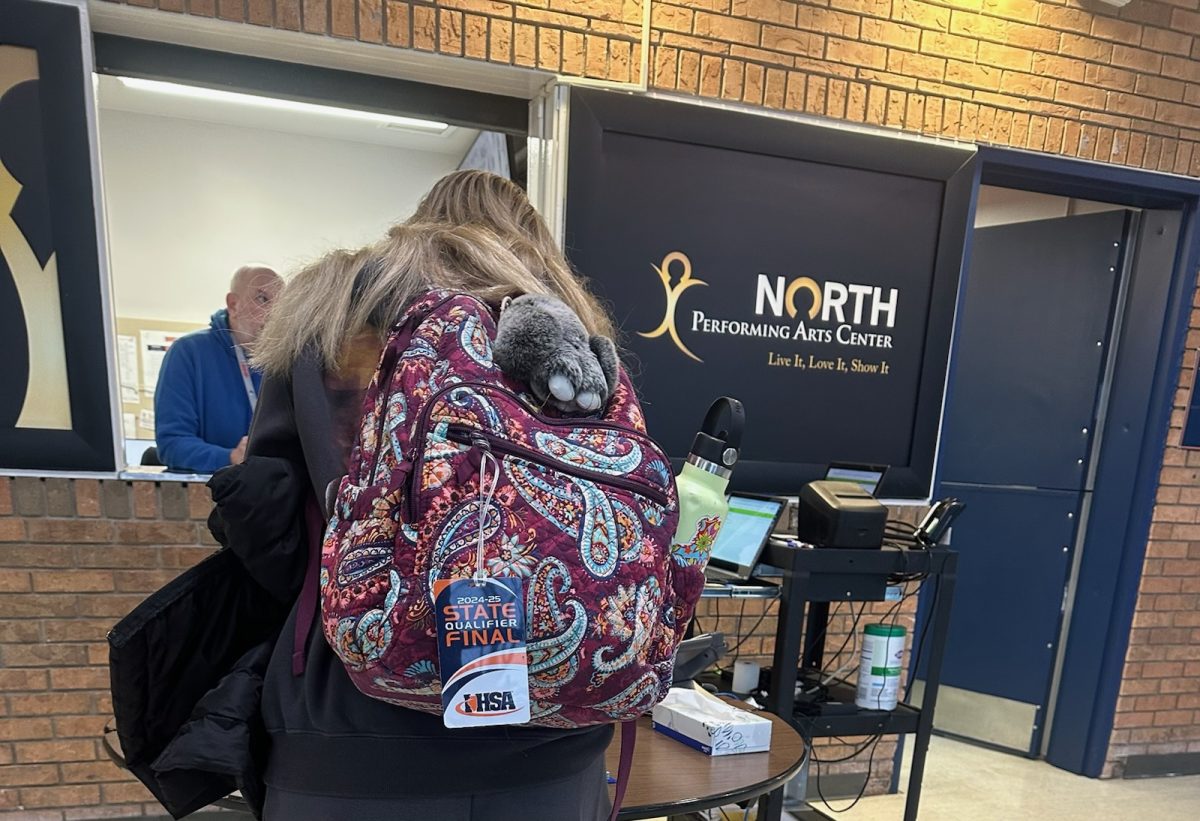
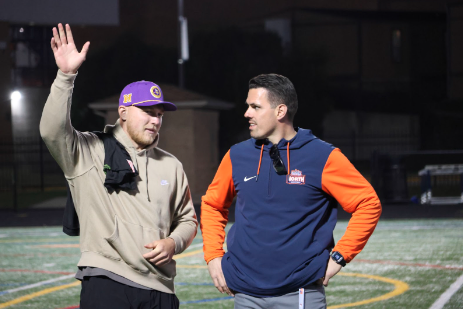
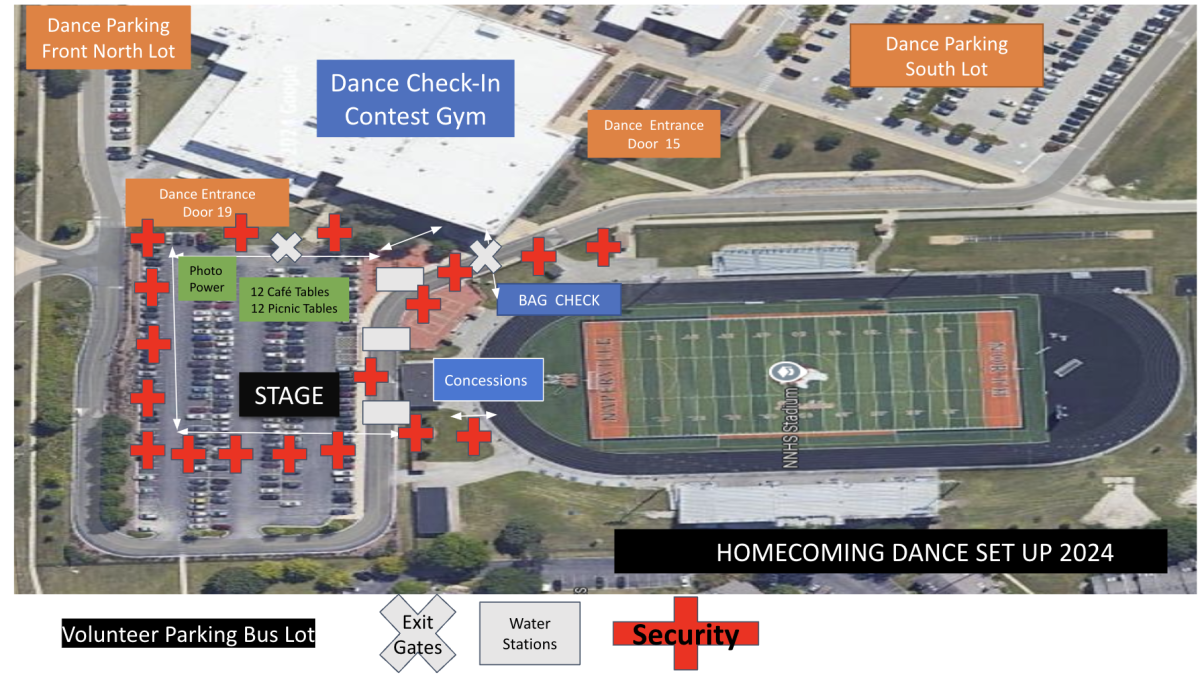
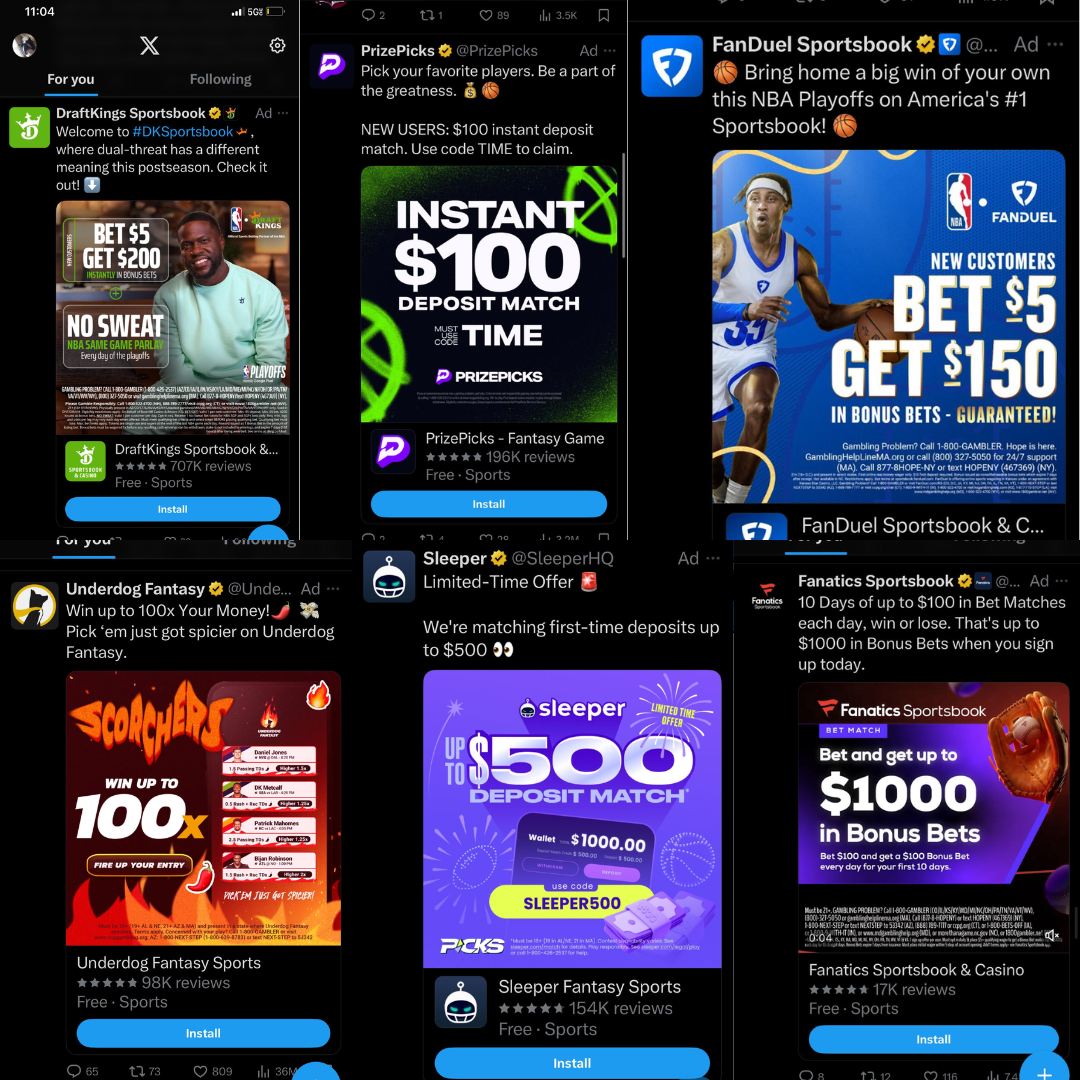
Anushka Rau • Mar 12, 2014 at 10:50 pm
I definitely skimmed/fake read some parts of the Scarlet Letter. To me, it’s not as meaningful a read as some of the other books we discuss. It makes me feel better to know teachers have done the same thing!
Hanna Brubaker • Mar 12, 2014 at 10:40 pm
This semester is the first time I disn’t finish reading a book for class. Walden is a hard read at any pace, but when we’re expected to read so fast I can never annotate; i just get enough to understand the gist of what the author is saying. I know curriculum requires a fast-paced read, but students cannot get as much out of a book when we barely have time to skim it, let alone analyze it.
Hannah Novak • Mar 12, 2014 at 10:40 pm
I definitely did it a lot more junior year, and also with Oedipus. Maybe it’s the books this year, but I haven’t had to fake read this year (except maybe textbooks. I don’t think I’ll ever read a textbook cover to cover like my math teacher wants me to.)
Luc Waked • Mar 12, 2014 at 10:13 pm
Oops. Mean two hundred pages in a week; not two.
Luc Waked • Mar 12, 2014 at 10:12 pm
TIME.
Most of the books that I am assigned are not bad books; in fact, I like most of the books that we are supposed to read for school. But time is a huge constraint. Teachers assign literally around two pages in a week.
I can not read that fast, especially with the extracurriculars that I do. And I don’t even have it that bad when compared to others.
Maggie McQuaid • Mar 12, 2014 at 10:06 pm
I think the only book I’ve ever actually read for an assignment was All The President’s Men, because it was the only one I wanted to actually finish. Maybe in college I’ll start doing all my assigned reading….maybe.